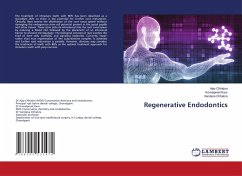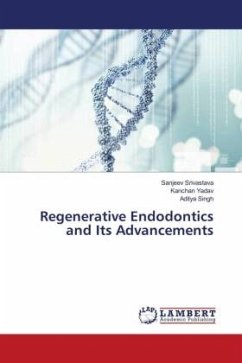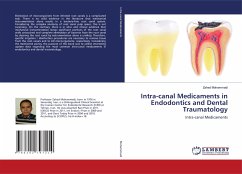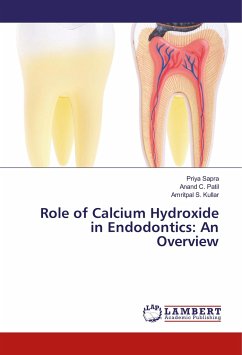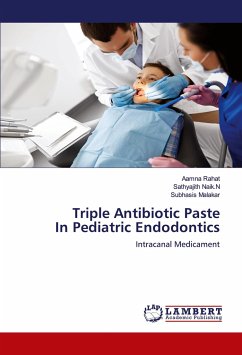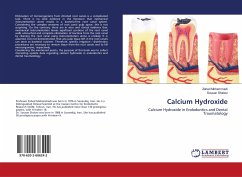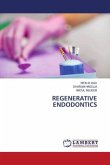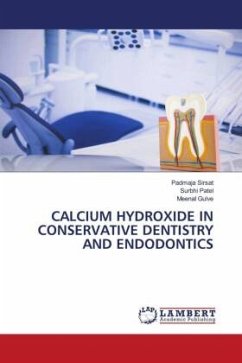The treatment of immature teeth with REPs has been described as a 'paradigm shift' as there is the potential for further root maturation. Clinically, Reps involve the disinfection of the root canal system without damaging the endogenous stem cell potential present in the apical papilla and other tissues. These stem cells are introduced into the root canal space by inducing a blood clot followed by the placement of an intracanal barrier to prevent microleakage. The biological concept of reps involves the triad of stem cells, scaffolds, and signaling molecules. Currently, repair rather than true regeneration of the 'pulp-dentine complex "is achieved and further root maturation is variable. However, clinicians may consider the treatment of teeth with REPs as the optimal treatment approach for immature teeth with pulp necrosis.
Bitte wählen Sie Ihr Anliegen aus.
Rechnungen
Retourenschein anfordern
Bestellstatus
Storno

